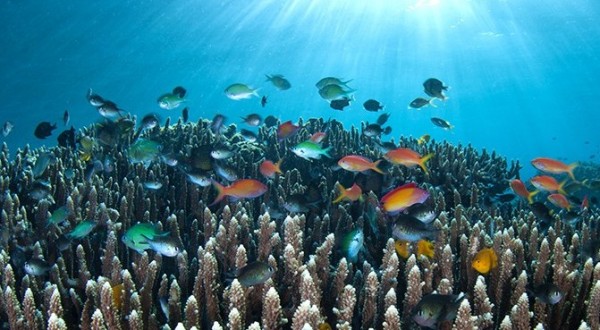At the 2017 UN Ocean Conference being held in New York this week, United Nations ask countries to support a ‘zero draft’ Call To Action, that calls for an acceleration of “actions to prevent and significantly reduce marine pollution of all kinds”. This means that governments must implement tighter marine pollution controls or risk further degradation of the oceans, fish stocks and precious ecosystems.
Specifically, UN lists pollution from ships, lost fishing gear, ship strikes, underwater noise and invasive alien species as areas that require focus and investment.
Due to be formally approved by governments on Friday, the Call To Action also underlines global alarm at the impacts of climate change on the ocean, including rising sea temperatures, ocean acidification and sea-level rise.
“We recognise, in this regard, the particular importance of the Paris Agreement adopted under the UN Framework Convention on Climate Change,” says the document.
The Call To Action comes three weeks before over 170 countries meet in London for two weeks of talks on a range of environmental policies to clean up the global shipping fleet. These include discussions on the use of tar-like Heavy Fuel Oil (HFO) in the Arctic and the start of work on a new maritime climate plan due in 2018.
Fiji prime minister, Frank Bainimarama, said: “We seek a commitment from all 7.5 billion people on earth to join our crusade to improve the quality of our oceans. Let us all seize this moment in history to make a difference. To place SDG 14 at the very top of the global agenda alongside decisive climate action. We can do it. We must do it. Because the alternative in both cases is catastrophe.”
John Maggs, Senior Policy Advisor, Seas At Risk, stated: “Global Oceans Summit, please don’t forget shipping. “Magic pipes” illegally dumping oil at sea, plastic and other garbage thrown overboard, noise pollution affecting marine mammals, the transfer of invasive species, black carbon emissions melting the Arctic, ocean acidification; the list of shipping’s impacts on the world’s oceans is a long and worrying one demanding action at all levels.”






























































